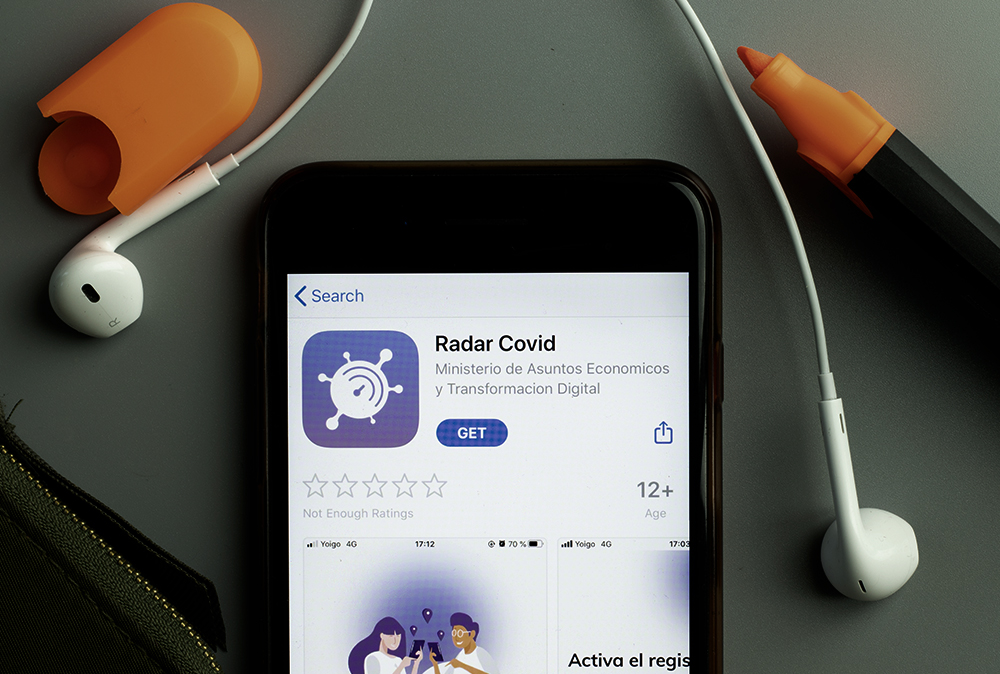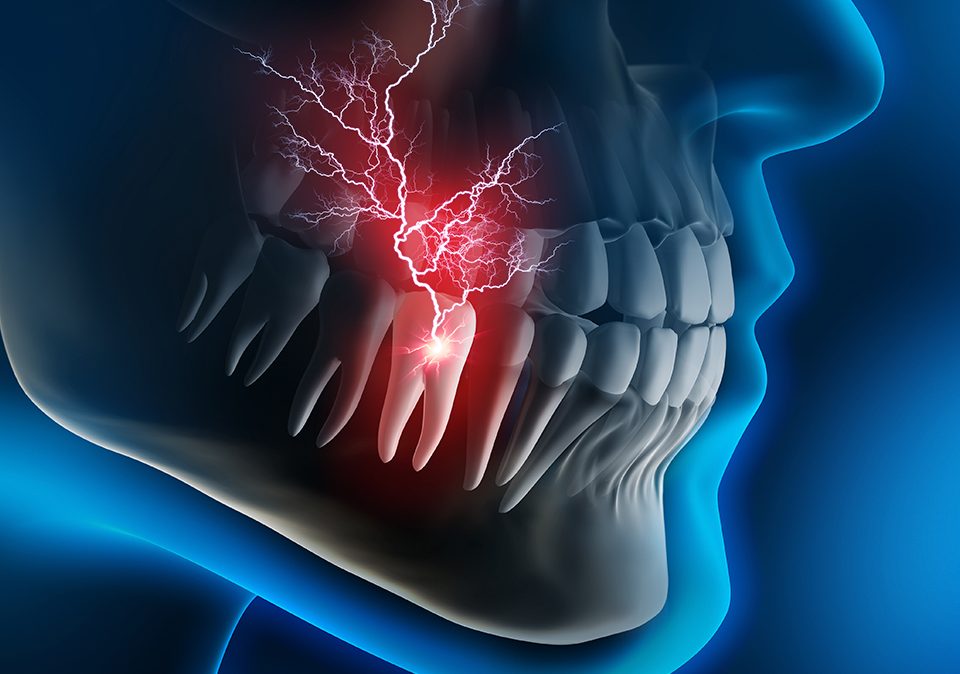
A crisis that has changed the balance of power forever
24 October, 2022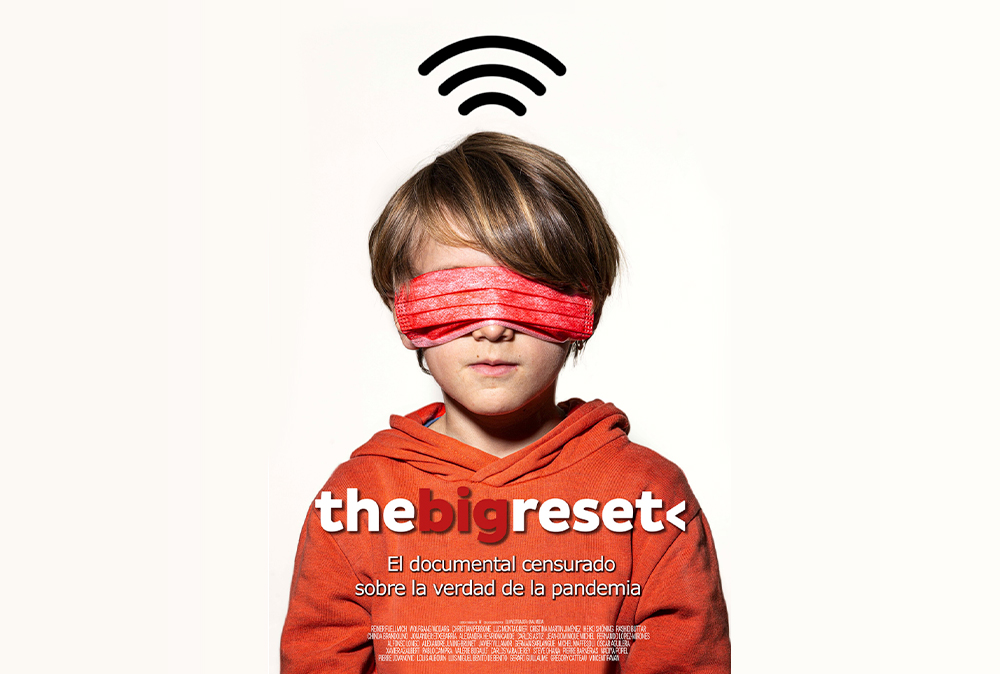
THE BIG RESET: The definitive documentary on the truth of the pandemic
4 November, 2022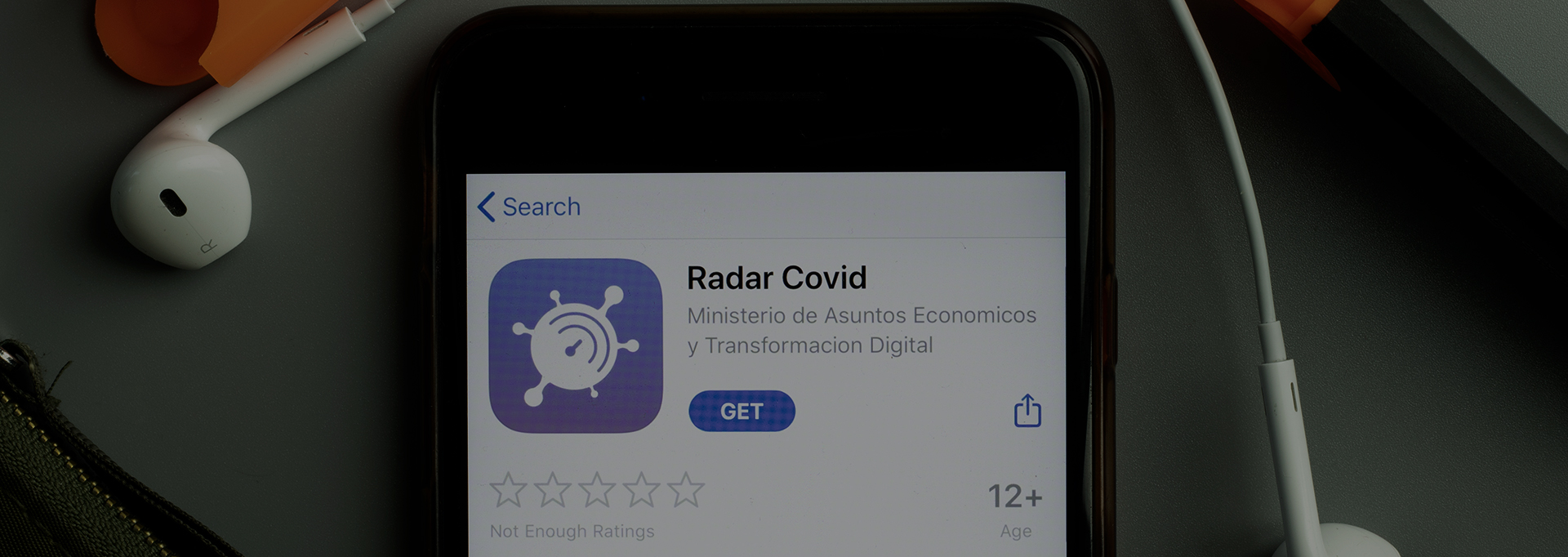
27 October, 2022
RadarCOVID was the fiasco story that resulted in a sanction in June 2022 against Spain's Secretary of State for Digitalization and Artificial Intelligence.
RadarCOVID was just another project in the hyper-surveillance mega-plan in which we have been immersed for over two years; an app launched in Spain on September 15th, 2020, after a pilot test in La Gomera in June of the same year. The application was designed to track close contacts of Covid-19, alerting citizens through notifications on their cell phones of the proximity of people supposedly infected. Another of its functions was to notify our positive result of an anti-covid test, with the intention of expanding the network. RadarCOVID launches daily random keys via Bluetooth that are picked up by nearby devices that have the application installed. In the case of receiving a positive test at a health center, the center would provide the patient with a code to register it in the app. Theoretically, these codes are not likely to identify a specific user in any way.
In June of 2022, less than two years later, the Spanish Agency of Data Protection (Agencia Española de Protección de Datos – AEPD) issued a sanction against the Secretary of State for Digitalization and Artificial Intelligence (Secretaría de Estado de Digitalización e Inteligencia Artificial - SEDIA), under the Ministry of Economic Affairs and Digital Transformation, for violating up to six different articles of the General Data Protection Regulation (Reglamento General de Protección de Datos - GDPR). Since it’s a public institution, the sanction will remain a warning and does not include a financial penalty. If it were a private entity, it would have to face the payment of thousands of euros.
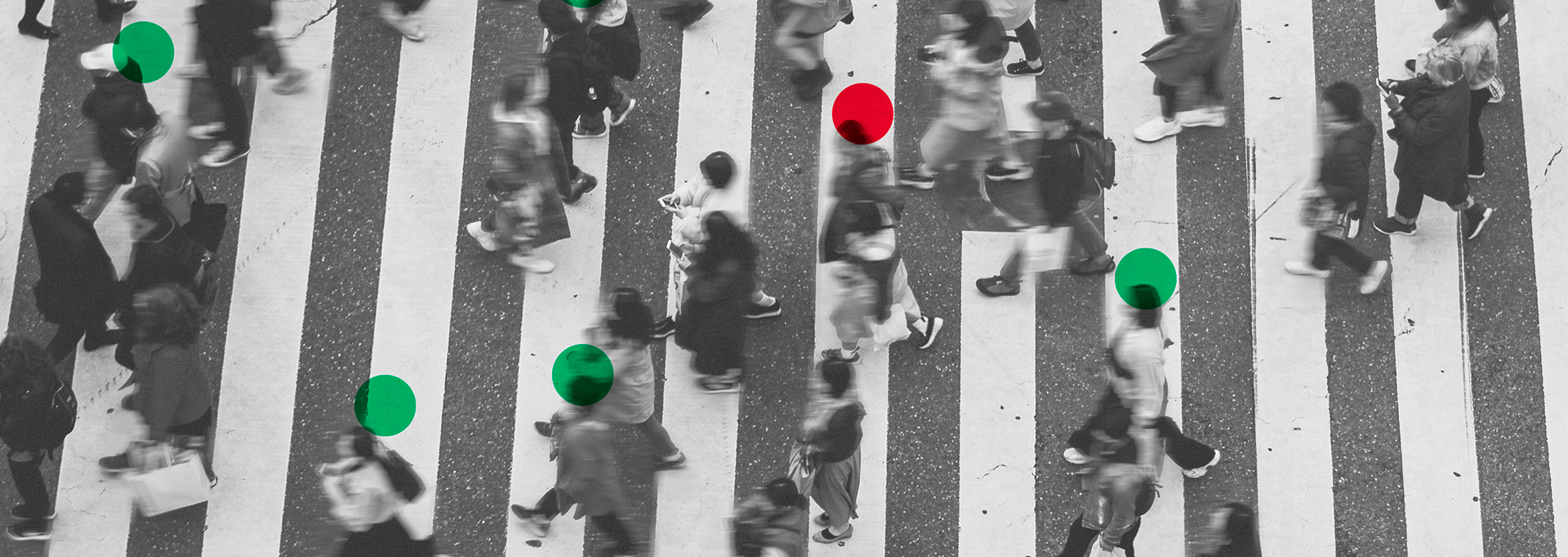
The main reasons for the sanction are, firstly, failure to prepare prior to its application launch, an assessment document on the impact this would have on user data protection. This document is essential when assessing the risks, especially when dealing with health-related information. Secondly, the issuance of daily passwords made it possible to infer the user's IP address. This IP, a very important personal data, could be observed by several entities, including the Internet provider and even those using the same wifi network as the person in question. This clashes directly with the precepts of an application that assured that no geolocation data would be used to establish the user's identity.
Even if only symbolically, the various complaints received by the Data Protection Agency have borne fruit. The sanction states that the breaches in the design were known before the launch of the app, as they were included in at least one report prior to the launch. Months later, with the app already installed on hundreds of devices, the confidentiality problems remained unresolved.
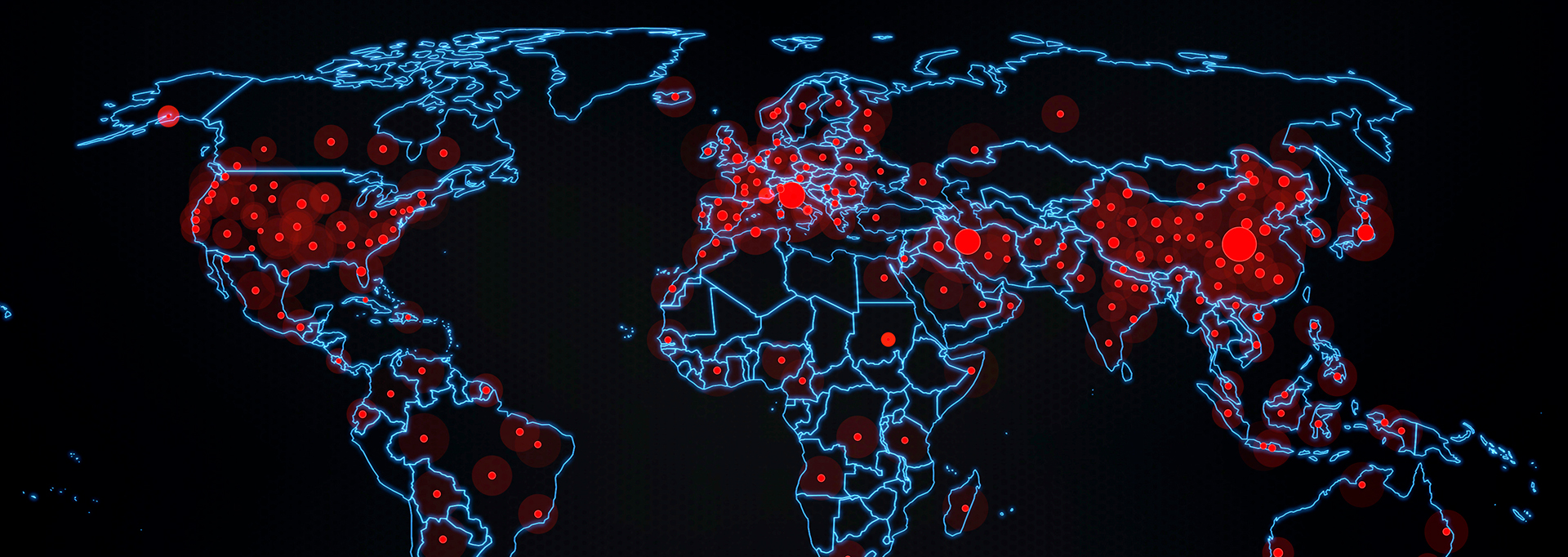
This tracking experiment serves a larger purpose, the obsession of those in power with dominating every little aspect of our daily lives. Fortunately, in this case the tactic did not work. RadarCOVID was a real failure and, although it is still available to download (with a very low score in the apps store by the way), the non-renewal of the contract and its definitive withdrawal in November this year, has already been announced.
Approximately 20% of the Spanish population downloaded the application, clearly not enough to achieve the tracking objectives. RadarCOVID is pointless if the vast majority do not use it. It wasn’t even adopted by all the Autonomous Communities whose healthcare personnel was not trained to obtain and send the codes. In total, it was able to detect about 1% of the infections. Each diagnosis was quite expensive considering that 4.2 million euros of public funds were spent on launching this useless instrument. Users who decided to use it were quickly annoyed due to the large number of notifications they received, intended to report the "level of exposure": a detail that seems minor but is not at all. A blurry marker like this hides the intention of knowing the degree of tolerance to the pandemic dictatorship by the ordinary citizen, as well as instilling fear in a population without direction. Every step taken by the government in this dystopia in which we live, is aimed at the same point.

RadarCOVID has had its replicas in other countries. In Germany they use Corona-Warn-App, which works in a similar way to the Spanish one, and Luca, which uses QR codes instead of data transmitted by Bluetooth. This last one has become embroiled in controversy after being used by the police to investigate an incident. Luca was designed for restaurants and other establishments to keep track of attendees, monitoring their movements in case of covid positives. Law enforcement in Mainz, in southwestern Germany, illegally accessed the data of several alleged witnesses to a man's fatal fall. The use of this information should only be used for health issues. In the end, the authorities closed the incident with a simple apology from the police. In Canada, the rates of downloading and confirming cases via app are very similar to those in Spain. This lack of support has also led to its early withdrawal.
With RadarCOVID reduced to a joke, all we must do is wait for the next move convincing us that we need superior care to protect us from God only knows what danger. Just give it time.

